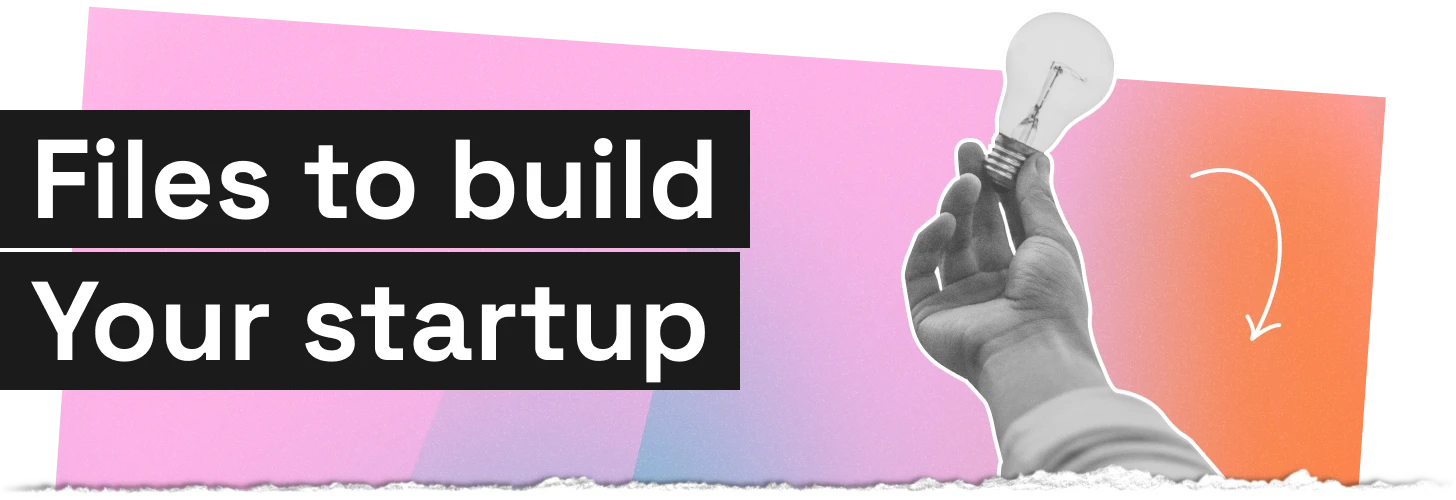The 10-minute rule for AI founders
Issue #14: Client reactivity as a major feature in 2025
Guillaume Marquis has discovered something about building AI companies that some European founders miss. As CTO and co-founder of Basalt (HX24) - a startup helping companies manage the quality of their AI features - Guillaume has learned that when OpenAI drops a new model on a Friday night, you can’t wait until Saturday noon to put it in production.
He calls it the 10-minute rule. When a client asks for a new AI model integration, you have roughly 10 minutes to start making it available on your platform. Any longer, and they'll test it somewhere else.
Guillaume found this out the hard way when a major client told him: "When the tweet arrives, we need to test it within the hour. If it's not on your platform, we'll go elsewhere."
Guillaume learned that technical founders who embrace this urgency are signing clients in ways that seemed impossible before. He once coded a client's request overnight, demoed them the next morning, and closed the deal within 48 hours.
Today, we're sharing Hexa Partner Mat’s conversation with Guillaume about what it really means to build at AI speed. Watch as Guillaume explains why "quality, speed, and less scope" has become his formula for staying ahead in a market where your deployment pipeline is your competitive advantage.
The takeaway: in AI, your customers' urgency is your opportunity.
Files from Hexa
👀 How to market invisible AI products
Our partner Florent Quinti has identified a fundamental marketing problem with AI agents: they're impossible to evaluate the traditional way. Before, SaaS was simple - screenshots, demos, feature comparisons. With AI agents, interfaces are basic and identical while the real value happens invisibly in the backend. This creates a marketing paradox: how do you showcase excellence when your best qualities are invisible? Florent breaks down the new playbook for marketing products where the magic happens behind the scenes.
👨💻 What it means to be a tech founder with Hexa
There's a difference between being an engineer and being a tech founder - and it's bigger than most people think. We meet brilliant technical people all the time who've led teams and solved hard problems, but building a company requires a fundamentally different mindset. Being a tech founder means being a founder first, with the same entrepreneurial drive, passion for uncertainty, and leadership instincts as any CEO co-founder. It's about owning the vision, not just executing it. We've broken down what the role actually looks like at Hexa - the equity structure, the support system, and what it's like building alongside 40+ other founders in our portfolio.
🔋 Twice with Electra co-founder, Aurélien de Meaux
Aurélien de Meaux has built two companies in completely different worlds - from mobile photo printing with Cheers to EV charging infrastructure with Electra. In this conversation with Thibaud, Aurélien gets brutally honest about the mistakes that nearly killed his first company: raising too fast, internationalizing too early, ignoring HR for too long. After selling Cheers and dealing with post-exit depression, he came back with Electra, raising €700M to build Europe's fastest charging network. His insight: the second time around, you stop trying to be clever and start trying to be right.
Other files we recommend
📡 Jamin Ball’s deep dive on the Fourth Industrial Revolution
Brad Gerstner argues we're living through the "Intelligence Revolution" - and breaks down why data centers are the critical infrastructure making it all possible.
🎧 H7's Zero to One Lyon with Hexa's Victor Gross
Our Product Lead Victor shares how he helps early-stage startups validate ideas before building and create MVPs that deliver value from day one.
📊 PitchBook's analysis on the disappearing sub-$5M round
Why smaller funding rounds are vanishing as multi-stage firms and AI FOMO drive up deal sizes across early-stage investing.
News
🔍 VulnX looking for its tech co-founder
Victoire Lasserre is building VulnX to bring pen testing into the AI era. While companies still do security testing once or twice a year by hand with outdated reports, attackers are using AI to move faster than ever. VulnX is an always-on AI that acts like a pen-tester inside your team, spotting weaknesses before anyone else can exploit them. Victoire needs a technical co-founder to build the first version and shape the product alongside early users. Find out more about the opportunity.
🤖 Tandem (HX24) raises $3.8M to turn apps into AI agents
Christophe Barre and Manuel Darcemont closed a $3.8M round led by Tribe Capital. Tandem creates an execution layer that turns any app into an AI agent - handling complex workflows, automating form-filling, and keeping users unblocked with contextual prompts. Already live in products like Aircall, Qonto, and Sellsy with a 20% lift in feature adoption at Aircall, they're now opening a second hub in San Francisco. Find out more.
📚 The 10x Method sells out after nearly 1,000 copies
Our book distilling everything we've learned from building 50+ companies has been a victim of its own success - selling out after nearly 1,000 copies. The 10x Method shares the repeatable framework behind three unicorns and dozens of fast-growing B2B startups, covering everything from finding cofounders to closing first customers. Currently out of stock, but you can join the waitlist here.
Jobs
Builder in Residence at Hexa
Partner at Hexa Scale
Thanks for reading! If you have any questions or suggestions for this newsletter, don’t hesitate to hit reply. In the meantime, you can follow us on LinkedIn.
Cheers,
The Hexa Team




